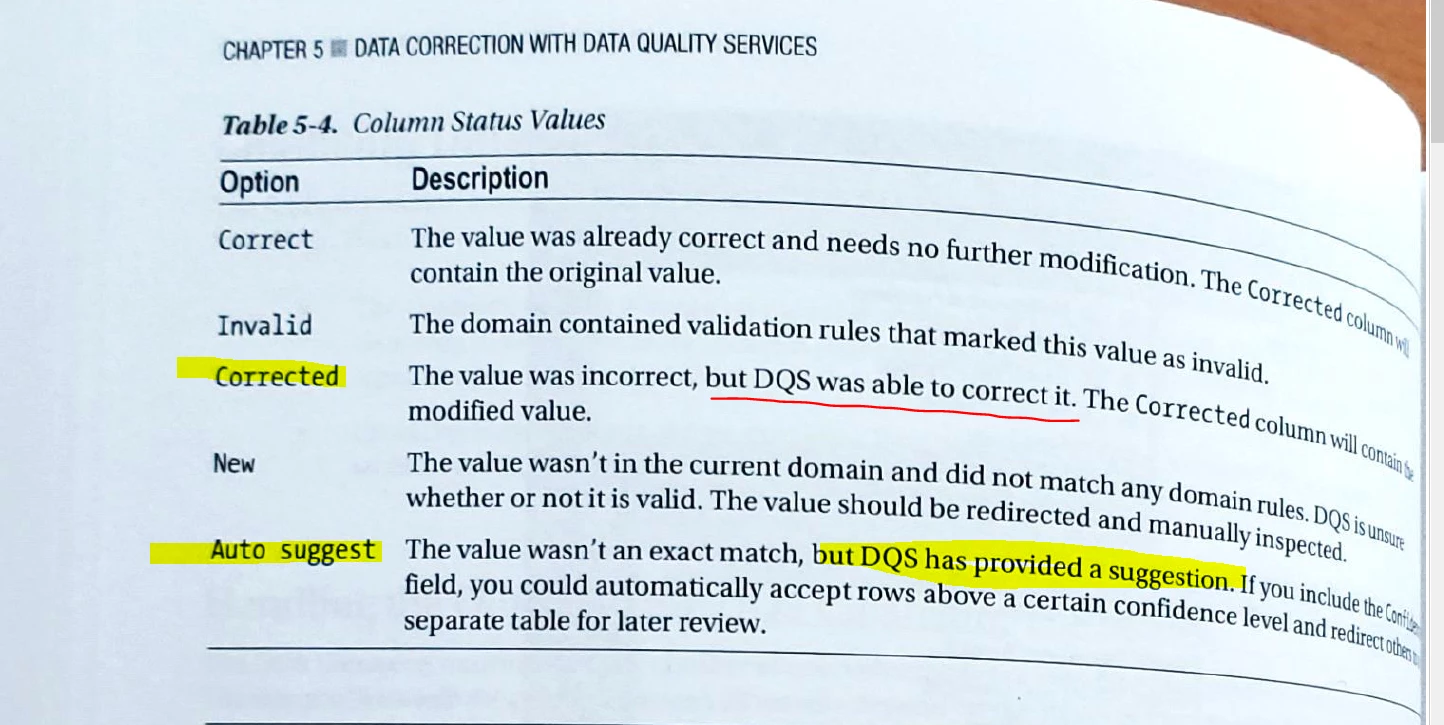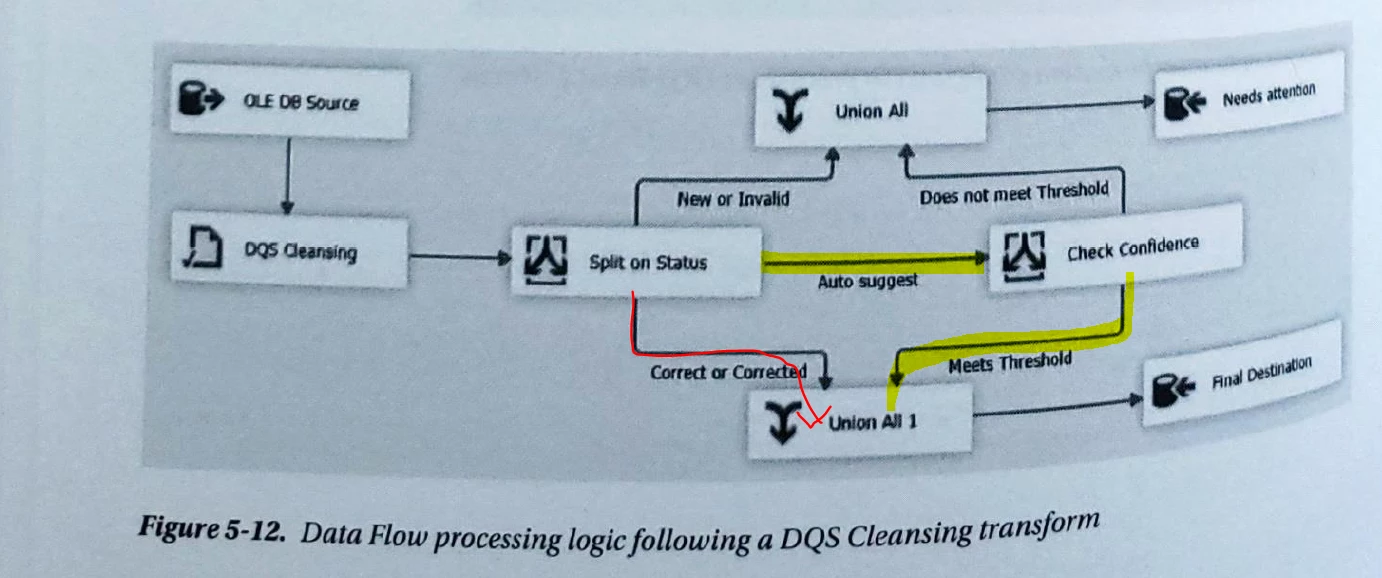Hello,
I am new to Ataccama One and had a question around using the DQ rules in other ETL tools and integrations. It’s my understanding that a DQ rule returns whether the inputs are valid\invalid and it can be called as a web service using DQ firewalls. Is there a way to extend this logic to apply a fix to the input and returning this fix for invalid inputs ? Can this be exposed and reflected in the DQ firewall ? Do we need to build a component rule for this or can this be achieved using rule variables \ parameters ? It is not clear to me when parameters and variables are typically used in rule configuration.
Regards,
Ihab







